North Carolina General Statutes chapter 44A grants contractors and certain subcontractors the right to place a lien on property if they are not paid in a timely fashion for providing labor and material that improved the property. General Statute § 44A-35 provides for the winner of a lawsuit to recover its attorneys’ fees from the loser if certain conditions are met. Specifically: [“T]he presiding judge may allow a reasonable attorneys’ fee to the attorney representing the prevailing party. . . upon a finding that there was an unreasonable refusal by the losing party to fully resolve the matter . . . .”
It is rare for a trial judge to award fees under the statute. In most of the reported cases in which fees were awarded, the record included a description of the settlement offers that both sides made during the litigation, which can be the basis for finding an unreasonable refusal to resolve the matter.
In R & L Construction of Mt. Airy, LLC v. Diaz, 2015 WL 1529382 (N.C. App. 2015), the court upheld an award of attorneys’ fees even though the court did not know what settlement offers, if any, one of the parties made.
The case began after the plaintiff contractor renovated the defendant owner’s house, and charged the owner $16,175.49.
The owner paid $5,000, but refused to pay more. After the contractor filed a lawsuit to collect the balance, the parties engaged in a court-ordered mediation, which is required in virtually every lawsuit filed in superior court. At the mediation, the contractor lowered its demand from $11,175.49 to $9,000. It appears that the owner rejected the demand and did not make a counteroffer. The owner eventually won the lawsuit on a motion for summary judgment, and the contractor recovered nothing.
The owner then pursued a motion for attorneys’ fees, which the trial court granted. The trial court found that the contractor “made a final settlement demand of $9,000.00 at the mediation of this matter which was thereby rejected by the Defendant, constituting an unreasonable refusal to fully resolve the matter and in light of [the owner] being granted summary judgment on [the contractor’s] claims . . . .” The trial court then awarded the owner attorneys’ fees of $8,823.
On appeal, the court of appeals focused on the lack of transcripts from either the summary judgment hearing or the hearing on the motion for attorneys’ fees. Although there was no evidence presented by either side concerning what offers, if any, the owner made during the course of the lawsuit or at mediation, the court of appeals upheld the finding that the contractor’s last offer, which was 20% less than the original demand, was an unreasonable refusal to resolve the matter.
Two things make the court’s opinion noteworthy:
- First, there is no way, based upon the evidence discussed in the opinion, anyone could know whether the contractor’s settlement position was unreasonable. The court noted the lack of transcripts from the motions hearings. Many attorneys do not have motions hearings recorded or transcribed because the process is expensive and often unnecessary. Indeed, summary judgment motions are determined on the materials in the record. The arguments of the attorneys are not a basis for ruling on the motion. It is clear from the outcome in this case, however, that counsel should always request that a hearing be recorded if there is any chance that the matter will end up before the appellate courts.
- Second, the court questioned how settlement discussions, which are “statutorily confidential information under N.C. Gen. Stat. § 70A-38.1,” could be considered by the trial judge. The court offered no insight into this issue, but it is an important one.
Settlement negotiations are considered privileged, and most courts have rules that forbid a party from presenting information concerning what settlement offers were made (or were not made) to a court. However, General Statute § 44A-35 requires the court to find that there was an unreasonable refusal to settle. A court cannot make this determination without knowing what offers were made. How the conflict between the confidentiality rules and statutes, and the requirement that the court consider whether a settlement position was unreasonable, remains unresolved.

